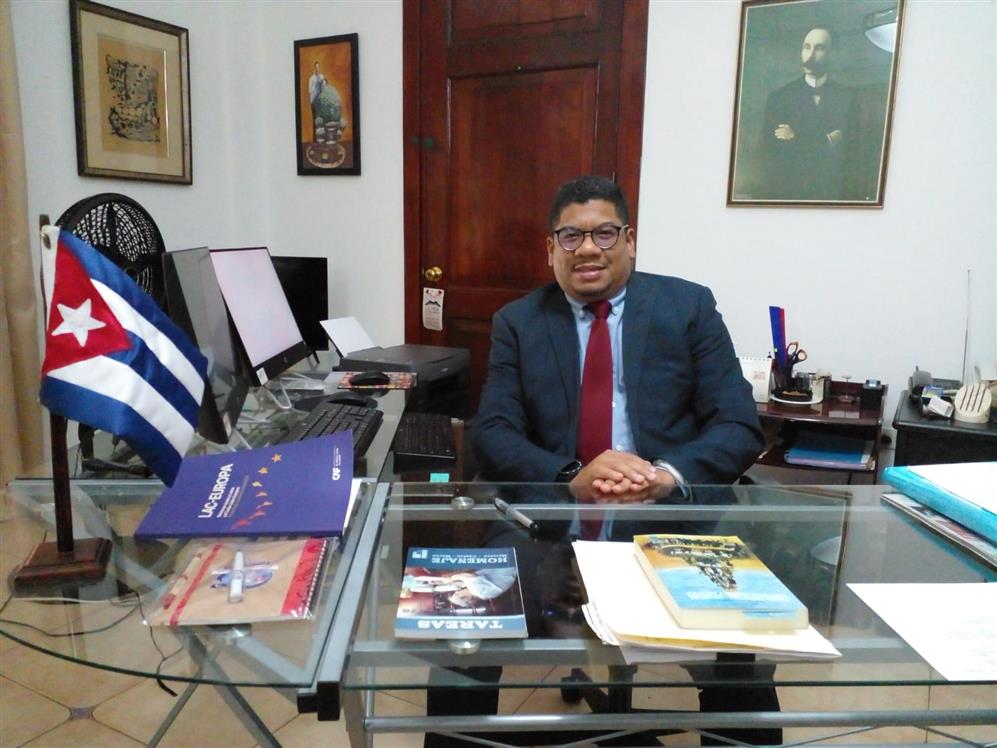In an exclusive interview with Prensa Latina, Cairo reflected on the effects of the economic, commercial, and financial siege with which Washington is trying to stifle Cuba, despite the hostile policy being more and more rejected by the international community within the United Nations (UN) every year.
Just a few days before the United Nations General Assembly considers the Draft Resolution on the need to end the US blockade against Cuba on November 1-2, the ambassador has pointed out that the moral damage caused by the siege is countless.
How is it possible to measure the psychological damage caused by the blockade when a mother whose child has cancer cannot receive the necessary medicines because the United States refuses to grant a license for their purchase or when medical care depends on equipment that has more than 10 percent of its components manufactured in the northern country? Cairo asked.
He added, that the painful effects on all Cuban families and the more than 60 years of this economic war should be multiplied.
For the diplomat, the blockade is the main obstacle to Cuba’s development and well-being, and the actions in the health sector are increasingly cruel, owing to Washington preventing access to essential medicines and prohibiting scientific and academic exchanges, especially in treating oncological diseases.
The ambassador explained that the Martí Association of Cuban Residents in Panama, in a letter addressed to US representative Mari Carmen Aponte, has also denounced, among other things, the obstacles to sending remittances to their relatives.
In light of the current situation, Cairo praised the historic stance of the Panamanian Government in rejecting the US blockade, as reflected in its responses to the report requested by the United Nations 30 times since 1992, in which, in each case, the General Assembly has adopted a resolution demanding the end of the siege.
jrr/iff/mem/ga










